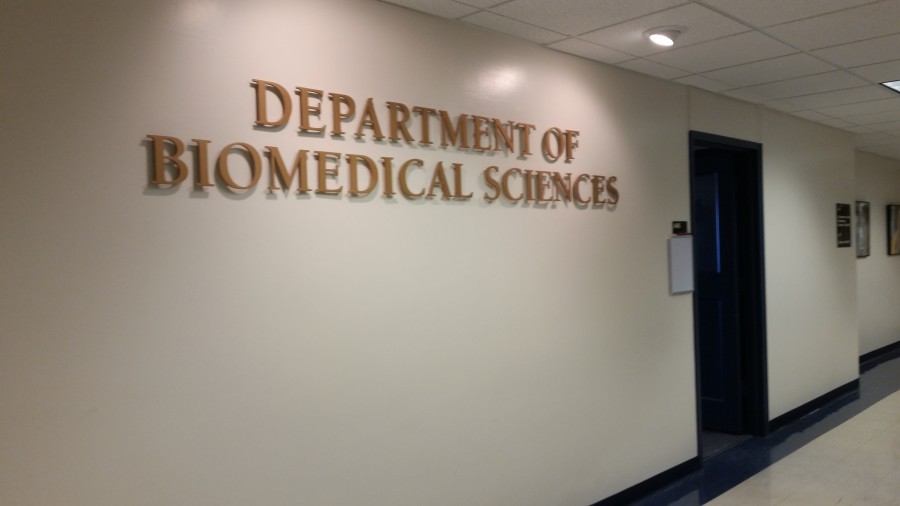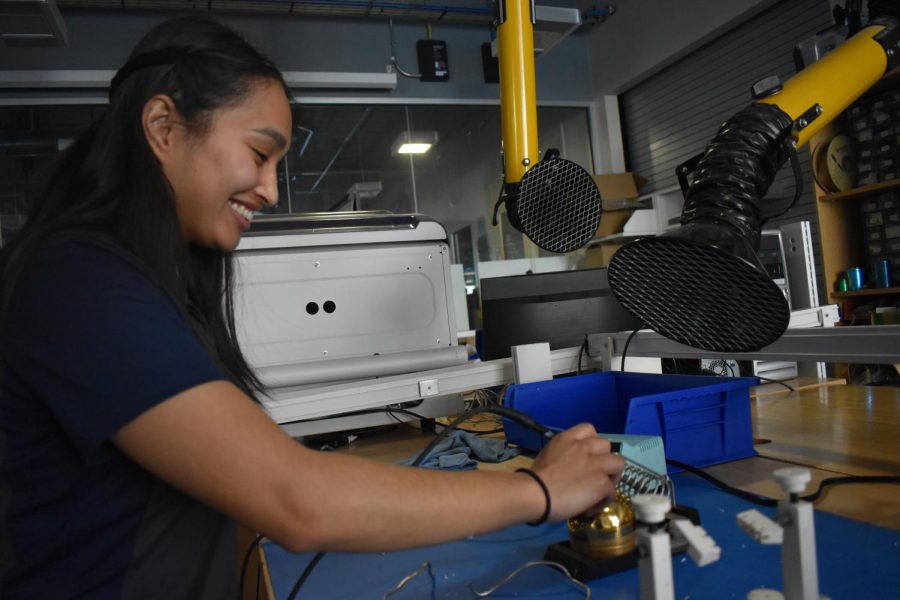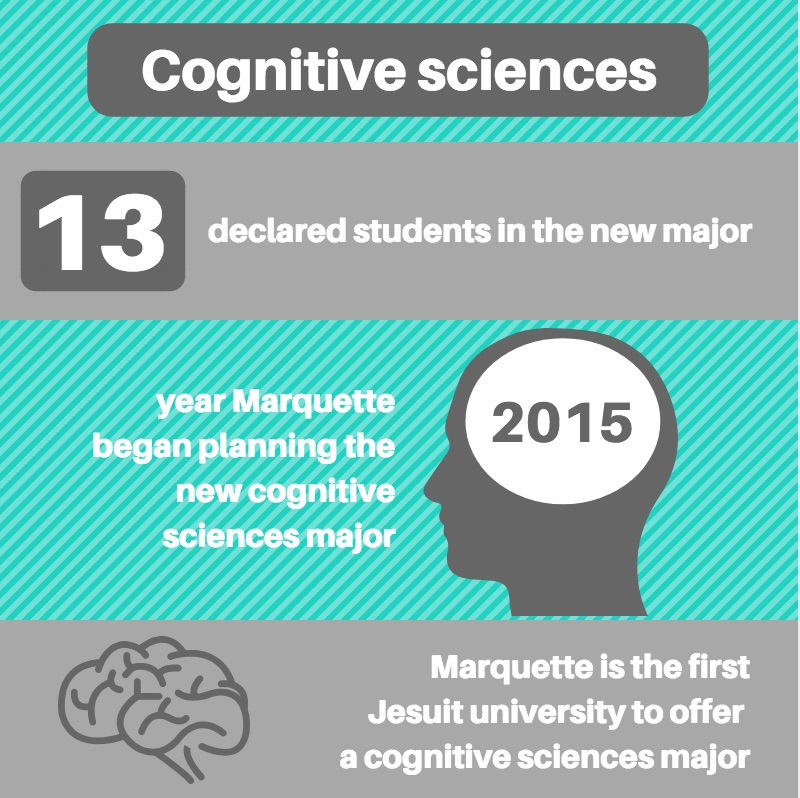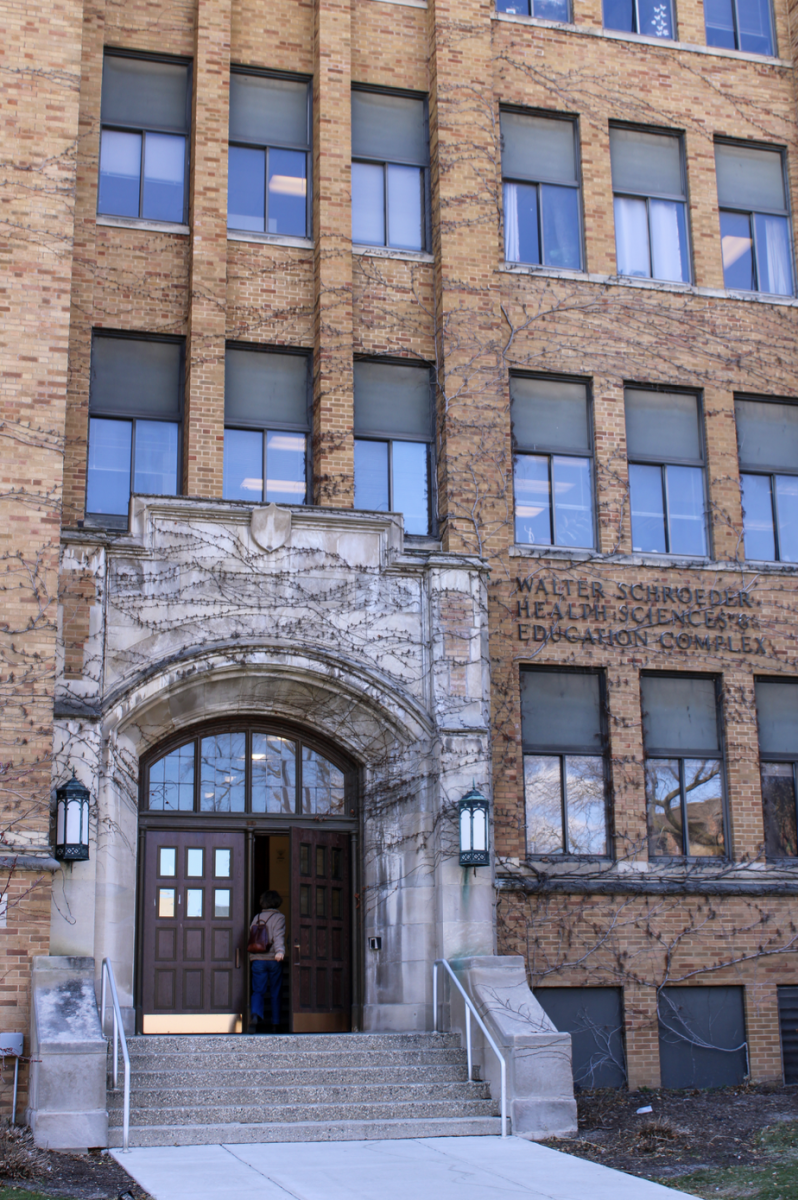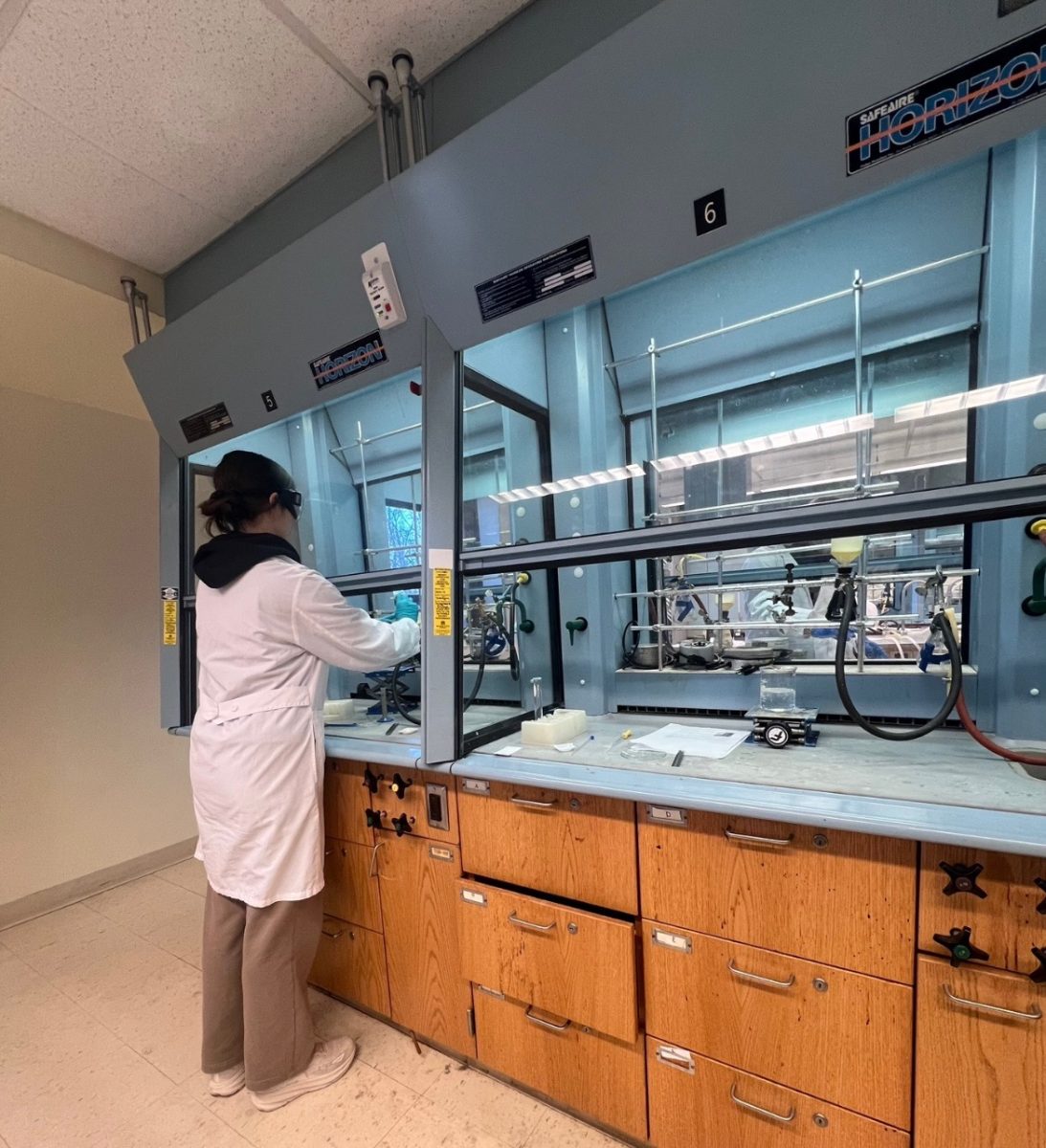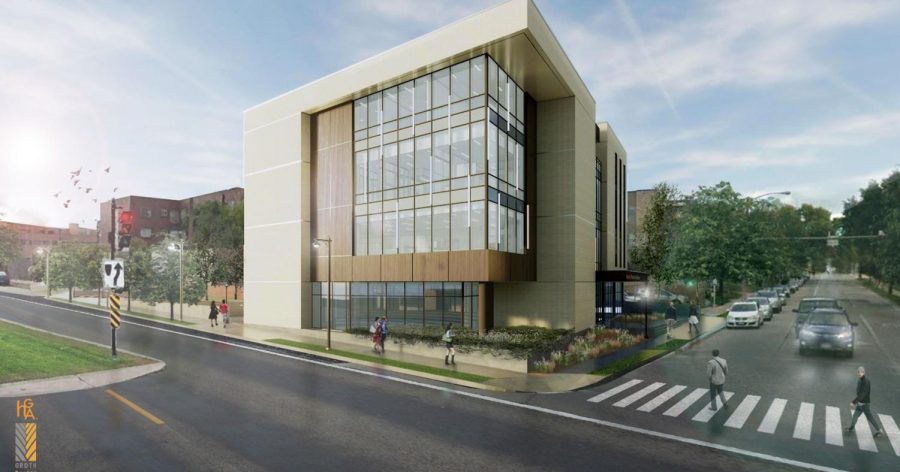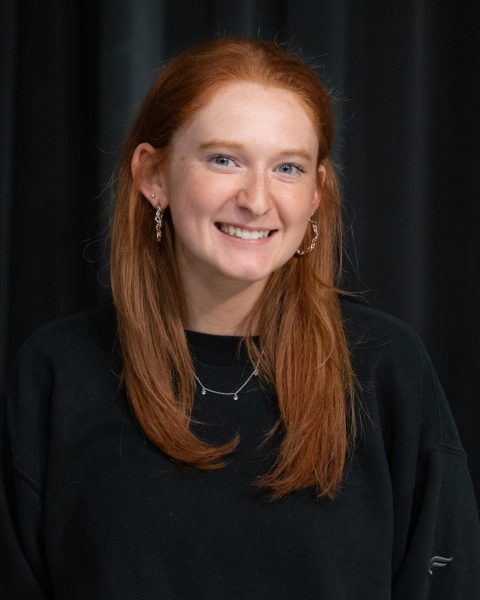Marquette University’s College of Health Sciences has a new program for biomedical students in the works.
Beginning in the summer of 2024, Marquette will offer a Master of Science degree program in Biomedical Sciences. Interested students will be provided the opportunity to enroll in a 15-month course that will earn them a total of 30 credits. Applications for students to enroll in the master’s program will open in Fall 2023.
David Baker, chair of the department of biomedical sciences, said that the master’s program was developed with the hope of further enhancing the experiences of students who completed undergraduate careers in biomedical sciences, which is the university’s largest academic major.
“Marquette feels as though it is our responsibility to provide all of our biomed students with the best education possible,” Baker said. “For many, this could include extending their Marquette experience beyond an undergraduate degree to benefit from the advanced skill development and education offered by this upcoming program.”
Once enrolled in the program, students will have the option to specialize in either anatomical sciences or neuroscience throughout the course.
Laurieann Klockow, associate chair for instruction in the department of biomedical sciences, said that the university selected these specializations based on careful consideration of its resources, as well as its urge to build on the foundation of the department.
“Anatomical sciences and neuroscience are both strengths of our department,” Klockow said. “We have funded researchers who are conducting research on neuroscience, and we are also one of the few departments in the country that offer cadaver-based gross anatomy to undergraduates.”
Specifically for anatomical sciences, Klockow said that there is a nationwide need for individuals with experience in anatomical sciences.
“Medical schools and other health professional programs are really desperate right now to find people with the expertise to instruct anatomy,” Klockow said. “We designed the anatomical specialization really for students to strengthen their anatomy knowledge so that they could go on to a healthcare professional program, or for students who are interested in a career in anatomical instruction.”
As far as what students should expect to gain from the master’s program, Klockow said that the program will aid students in preparing to transition into their professional careers, by providing them with hands-on training. Klockow said that the program aims to mirror what it would be like for students to work in a research-based contract organization.
Klockow also said that students will become accustomed to using tools and devices that they can expect to work with in the real world.
“We’re going to be using innovative technology such as augmented technology and virtual reality so that students learn how to use these new technologies that are becoming so important in the biomedical field,” Klockow said.
SuJean Choi, associate dean for research in the department of biomedical sciences, said she believes that this new master’s program is sure to make a difference in the lives of more than just the students.
“We want to also benefit the research faculty involved in this program, by allowing their work to be translated into an application,” Choi said. “We hope that both the faculty and the students will be able to benefit greatly from this very unique and very first of its kind endeavor.”
Choi also said that there is much to look forward to in regard to the future of this program.
“The anatomical sciences and neuroscience specializations are just the beginning for this program,” Choi said. “Eventually, we hope to develop other specializations that would bridge more biomedical sciences professions that involve data analytics and computational neuroscience, just to name a few.”
Timothy Littau contributed to this report.
This story was written by Erin Howard. She can be reached at erin.howard@marquette.edu


